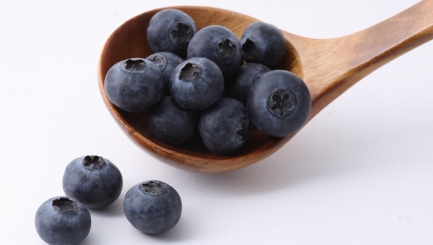
The study used a modified version of blueberry juice, with Serrati vaccinii bacterium added to it. Serrati vaccinii bacterium enhances antioxidant activity in the juice. To test out the juice, the researchers used mice that were prone to obesity, diabetes, insulin resistance, and high blood pressure.
When the modified use was given to the diabetic and obese mice the animals were more likely to eat less and lose weight. The blueberry juice also significantly reduced high blood-sugar levels in the diabetic mice. While the test was only carried out on mice, the researchers believe that the results will translate to a similar level in humans.
Scientists had previously noted that anthocyanins, which are a type of antioxidant, taken from blueberries and strawberries given to mice eating a high-fat diet gained significantly less weight than mice that were not given the extract. The anthocyanins have also been credited with helping to reduce the risk of heart disease and high blood pressure.
The researchers believe that the weight loss seen in the study could be related to adiponectin, a hormone that plays an important role in the process of metabolism. It is also not currently clear whether there are any other factors in the results of the study other than the anthocyanins in the modified blueberry juice. Further research into the subject needs to be done to confirm whether or not this is the case.
